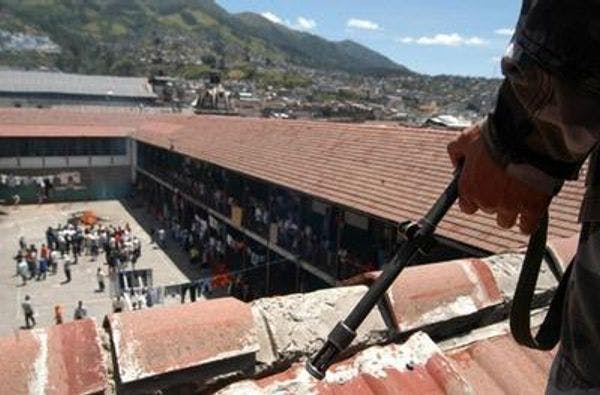Enjeux majeurs dans le processus de réforme du système judiciaire au Mexique
Le président mexicain, Enrique Peña Nieto, a appelé à une réforme spectaculaire du système judiciaire national. Si elles ne sont pas correctement mises en œuvre, ces propositions pourraient aggraver les problèmes liés à la détention provisoire et aux prisons surpeuplées. Pour en savoir plus, en anglais, veuillez lire les informations ci-dessous.
Abonnez-vous à l'Alerte mensuelle de l'IDPC pour recevoir des informations relatives à la politique des drogues.
Mexico’s new president, Enrique Peña Nieto, has called for dramatic reform of the country’s troubled justice system; in December he outlined proposals to establish a unified criminal code, and unified code of criminal procedure, that would apply in all the states of the country’s federal system.
But if not properly implemented, these proposals could actually worsen one of the most acute problems facing Mexico’s justice system: the vast number of people who end up waiting years in overcrowded and dangerous prisons, awaiting trial.
President Nieto’s proposals come as the Mexican justice system is already undergoing significant changes. Constitutional reforms in 2008 called for the country’s 31 states, federal district, and federal system to shift by 2016 from the traditional civil law based on a written trial system, to an adversarial system based on public oral trials.
If Mexico adopts a unified criminal code, then sates would be required to adopt a standardized model for an adversarial-based system. But what model should be chosen?
Click here to read the full article.
Keep up-to-date with drug policy developments by subscribing to the IDPC Monthly Alert
